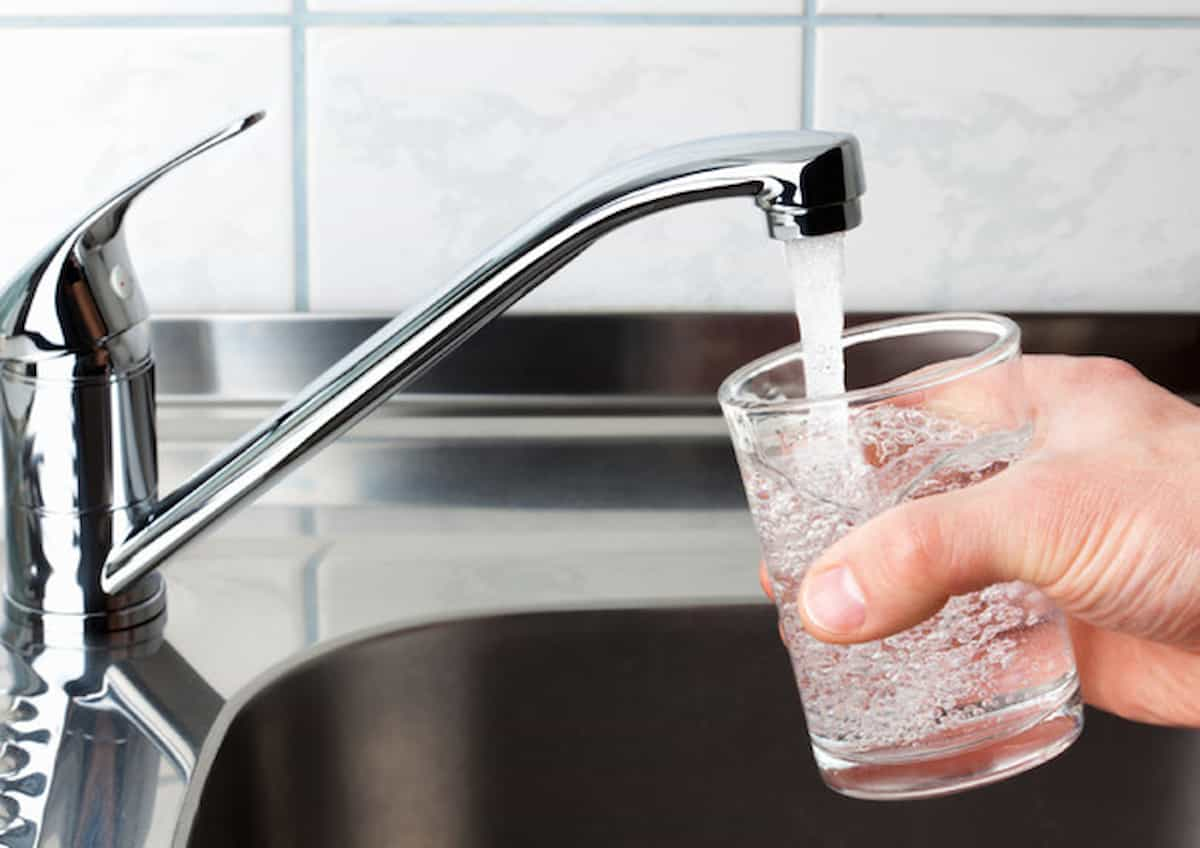Diagnoses are on the rise prostate cancer and one factor may be the nitrate content in the water we drink. This is the conclusion reached by a new Spanish study. Nitrate ingested in adulthood, through tap and bottled water, could be decisive. This was suggested by the Barcelona Institute for Global Health (ISGlobal), a center promoted by the “la Caixa” Foundation. The results of this scientific work have been published in Environmental Health Perspectives.
Prostate cancer and tap water, what are nitrates
The purpose of the study was to evaluate whether there is one relationship between nitrate and trihalomethane (THM) intake through drinking water and prostate cancer. Where do they come from? The nitrate present in water comes from fertilizers and excrement from intensive agriculture and breeding. It is the rain that carries it into aquifers and rivers.
“It is a compound that is part of nature, but we have altered its natural cycle,” explains researcher Cristina Villanueva to ISGlobal, who specializes in water pollution. It is now being investigated whether prolonged exposure to nitrates throughout adult life can trigger cancer.
How trihalomethanes are absorbed
THMs, on the other hand, are by-products of water disinfection: i.e. chemical compounds that are formed after disinfecting water for consumption, generally with chlorine. Unlike nitrate, whose only route of entry is ingestion, THMs can also be inhaled and absorbed through the skin when showering, swimming in a pool or washing dishes. Long-term exposure to THMs has been associated with an increased risk of bladder cancer. But so far, evidence of its association with other types of cancer has been very limited.
I study
The more nitrate ingested, the greater the association with prostate cancer. Participants with a higher intake of nitrate through water (more than 14 mg/day on average over a lifetime) had a 1.6-fold increase in the likelihood of suffering from low- or intermediate-grade prostate cancer, and nearly a 3-fold increase times the likelihood of developing aggressive prostate cancer, compared with those participants who had a lower nitrate intake (less than 6 mg/day on average for life).
“It has been suggested that aggressive prostate cancers and, therefore, with a poorer prognosis, have different underlying etiological causes than slow-growing tumors with an indolent course, and our results confirm this possibility,” explains Carolina Donat-Vargas, researcher at ISGlobal and first author of the study. The researcher also underlines that “the risks linked to the ingestion of nitrate through water are already observed at levels of water consumption lower than the maximum permitted by European directives, 50 mg of nitrate per liter of water”.
